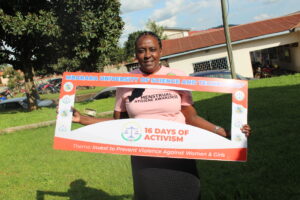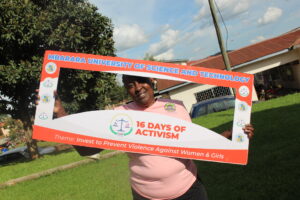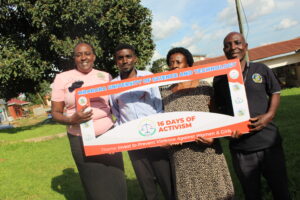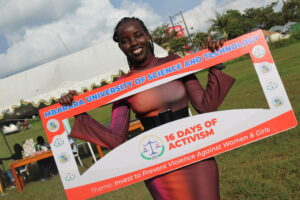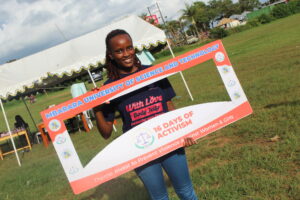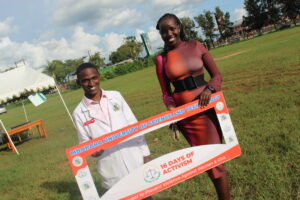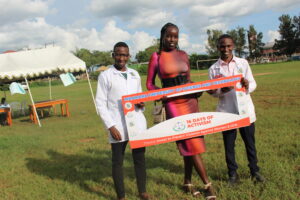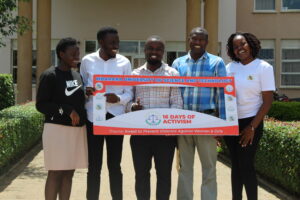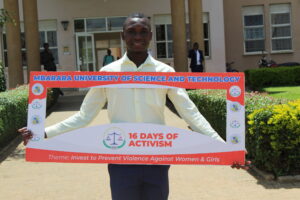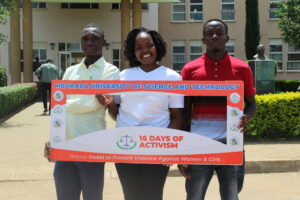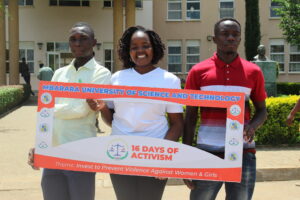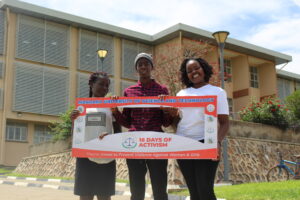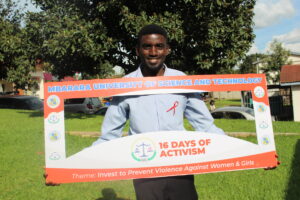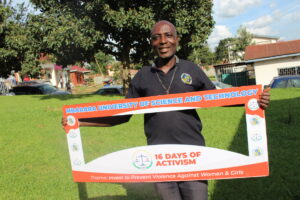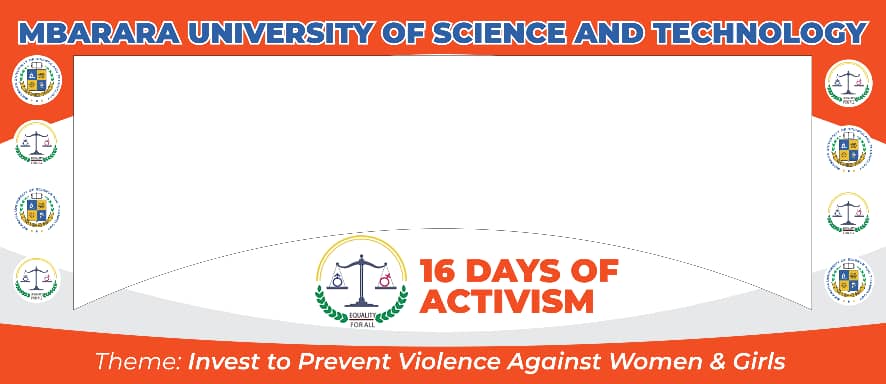Ending violence against women is possible, but only if we act together, now.
The global 16 Days of Activism against Gender-Based Violence is a key international moment to call for an end to violence against women and girls. It runs from 25th November (the International Day for the Elimination of Violence against Women) until 10th December, Human Rights Day.
In support of this campaign, the United Nations Secretary-General’s UNiTE by 2030 initiative calls for global action to increase awareness, galvanize advocacy efforts, and share knowledge and innovations to help end all types of violence against women and girls. In 2023, the UNiTE campaign theme is Invest to Prevent Violence against Women & Girls.
In every country and culture, more action is needed to ensure women in all their diversity live free of violence and coercion. The health impacts of violence can last a lifetime, affecting physical, mental, sexual, and reproductive health. WHO plays a key role in bringing attention to and responding to violence against women as a public health, gender equality, and human rights issue.
Key messages
- Gender-based violence is a global public health, gender equality, and human rights priority. It remains a systemic crisis, affecting 1 in 3 women worldwide. Risks increase during humanitarian emergencies or when women face greater curtailments of their essential rights, such as access to education, healthcare, or freedom of movement.
- While violence affects women everywhere, women and girls in certain groups – such as those living with disability, adolescent girls, and older women – often face even greater difficulty in having their voices heard and accessing support.
- Too often people respond to violence by blaming or shaming the victim – for instance, for what they wore or what they did, or because they belong to a particular group, or people hesitate to offer support because it takes place in ‘private’ or among people we know. It is important to Believe the Survivor
- We must change the story, challenge Misogyny (“dislike of, contempt for, or ingrained prejudice against women“) and violence, and make sure women are heard. Women and girls everywhere should be able to access the help they need when they need it, so we can end violence once and for all.
- Health workers are often the first, sometimes only, point of contact for women experiencing violence. They can provide compassionate care for survivors by offering first-line support, medical examination and treatment, and referrals to other essential services. This requires investing in training and resources to ensure appropriate care.
What we can do
Help comes in many forms – we can all play a role in preventing violence against women and girls.
If you are experiencing violence, remember you are not alone and it’s not your fault. It may be helpful, if safe to do so, to reach out to family, friends, and neighbors, consult a health worker, or seek support from a hotline or specialist services.
If you know of, or are concerned about, someone experiencing violence there are some things you can do – starting with being willing to listen:
- Keep in touch with the person, ensuring that it is safe for them to be in touch with you. They might not be ready to talk but try to find quiet times when they can talk if they choose to.
- Find out what services for survivors of violence against women are available. Only provide this information directly if you can do so discretely. Allow them to make their own decisions.
- If someone you know needs urgent help for whatever reason, be prepared to call emergency services.
Health workers should provide first-line support, for all kinds of violence:
- Listen closely, with empathy, and without judgment.
- Inquire about women’s needs and concerns.
- Validate women’s experiences. Show you believe and understand.
- Enhance their safety.
- Support women to connect with additional services.
As members of the MUST and Wider Mbarara Community, we are called upon to show how much we care:
- By using our creativity to promote a message of zero tolerance to violence on different forums/platforms. Send out a message on your social media platform to educate, inform and sensitize.
- Use our time to engage with different groups and ensure women and men have equal rights.
- Let us challenge the existing gender stereotypes that contribute to a culture of violence against women in online and offline
Let us invest time, effort, and resources in preventing violence against women (even children and men) and work towards a safer, more equal, and prosperous world.
As an Institution we also need to invest in Safeguarding interventions and ensuring that staff, activities, and programs ‘do no harm’ to the people (staff, students, other stakeholders) we come into contact with through our work by:
- Not exposing people to the risk of harm from abuse, exploitation, harassment, and neglect.
- Paying close attention to issues of abuse in our work and study spaces by taking personal responsibility.
- Reporting safeguarding concerns to the appropriate authorities (internal and external)
- Responding appropriately to all concerns raised.
Violence costs us all and what a huge cost it is!
For more information: https://www.who.int/campaigns/16-days-of-activism-against-gender-based-violence/2023
